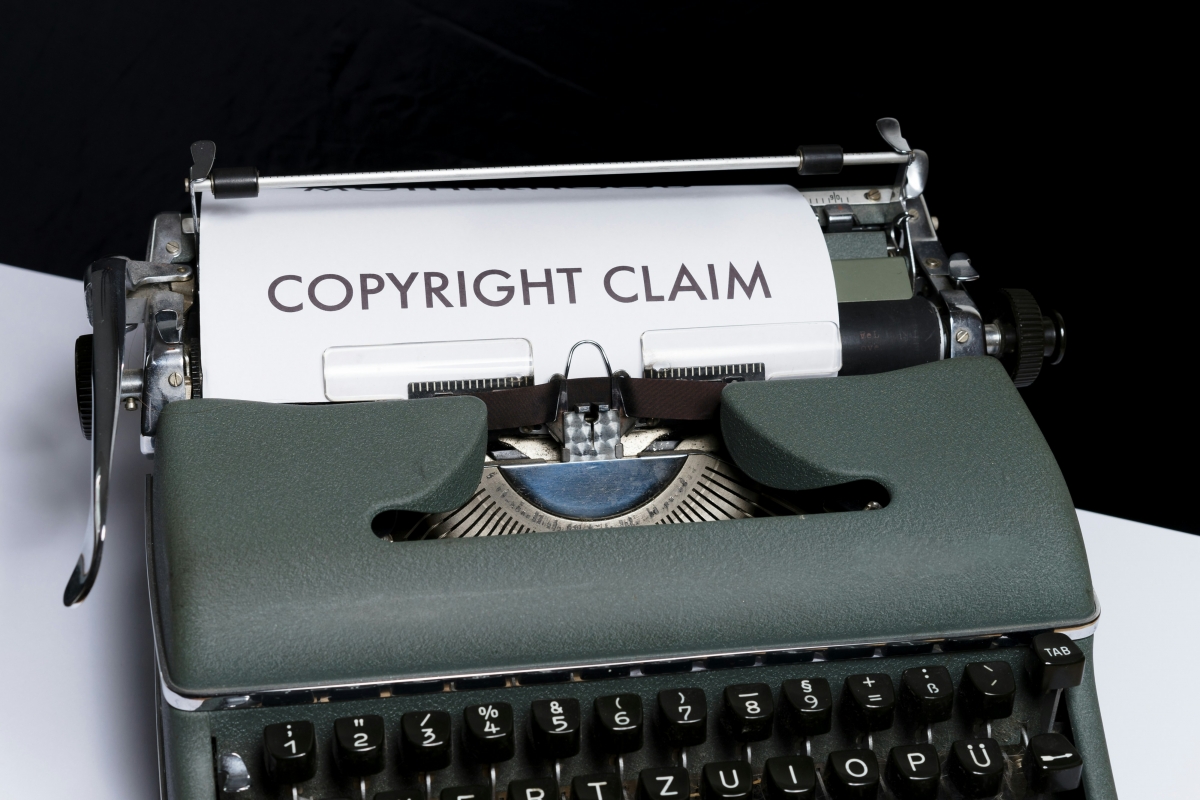Comprehensive Copyright Services at Heitner Legal
Protect your creative works with Heitner Legal’s expert copyright registration, infringement litigation, and defense services. Our experienced attorneys are dedicated to safeguarding your intellectual property rights.
Copyright Registration: Securing Your Creative Works
At Heitner Legal, we streamline the copyright registration process to ensure your original works—such as music, literature, artwork, software, and more—are legally protected under the Copyright Act of 1976. Our team handles every step, from preparing and filing applications with the U.S. Copyright Office to advising on copyright duration and renewals. Proper registration is critical for enforcing your rights and pursuing statutory damages in infringement cases.
Why Register with Heitner Legal?
- Expert guidance on copyright eligibility and application requirements;
- Thorough preparation to maximize protection; and
- Proven track record in registering copyrights across industries.
Copyright Infringement Litigation: Enforcing Your Rights
If your copyrighted work has been used without permission, Heitner Legal is prepared to take decisive action. We represent plaintiffs in copyright infringement lawsuits, seeking remedies such as injunctions, monetary damages, and attorney’s fees. Our firm has extensive experience litigating in federal courts, handling cases involving unauthorized downloads, reproduction of artwork, and illegal distribution of content.
Notable Experience: While specific case details are confidential, Heitner Legal has successfully represented clients in disputes over the illegal use of digital content and unauthorized reproduction of creative works, securing favorable outcomes through settlements and court rulings.
Our approach includes:
- Investigating the scope of infringement;
- Building a robust case with evidence of ownership and unauthorized use; and
- Pursuing maximum remedies under federal copyright law.
Defending Against Copyright Infringement Claims
Receiving a copyright infringement demand letter or facing a lawsuit can be daunting. Heitner Legal provides aggressive defense against copyright claims, including those from notorious “copyright trolls” like Higbee & Associates, PicRights, and others. We carefully evaluate demand letters, challenge inflated claims, and represent clients in federal litigation to minimize liability and protect their interests.
Why Choose Heitner Legal for Defense?
- In-depth knowledge of copyright troll tactics and how to counter them;
- Strategic negotiation to reduce or eliminate demanded payments; and
- Experienced litigators ready to defend you in court.
Combatting Copyright Trolls: Our Expertise
Heitner Legal has extensive experience handling demand letters and claims from entities known for aggressive copyright enforcement. Below are key articles from our blog addressing specific organizations and offering guidance on how to respond:
- Why This Is What You Do If You Get A Copytrack Copyright Demand Letter – Outlining steps to handle Copytrack demands.
- Best Way To Defend Against The Brickell IP Group PLLC For Trademark Infringement Or Copyright Infringement – Addressing Brickell IP Group’s claims.
- What To Do If You Receive A CopyCat Legal Copyright Demand Letter And Draft Complaint – Discussing CopyCat Legal’s claims.
- How You Should Reply To A Global Rights Control Copyright Infringement Demand – Highlighting outreach from Global Rights Control.
- What To Do When You Get A Sanders Law Group Copyright Demand Letter And Draft Complaint – Explaining how to properly handle the very litigious Sanders Law Group.
Contact us today to discuss your copyright needs, whether it’s registering your work, enforcing your rights, or defending against claims.

